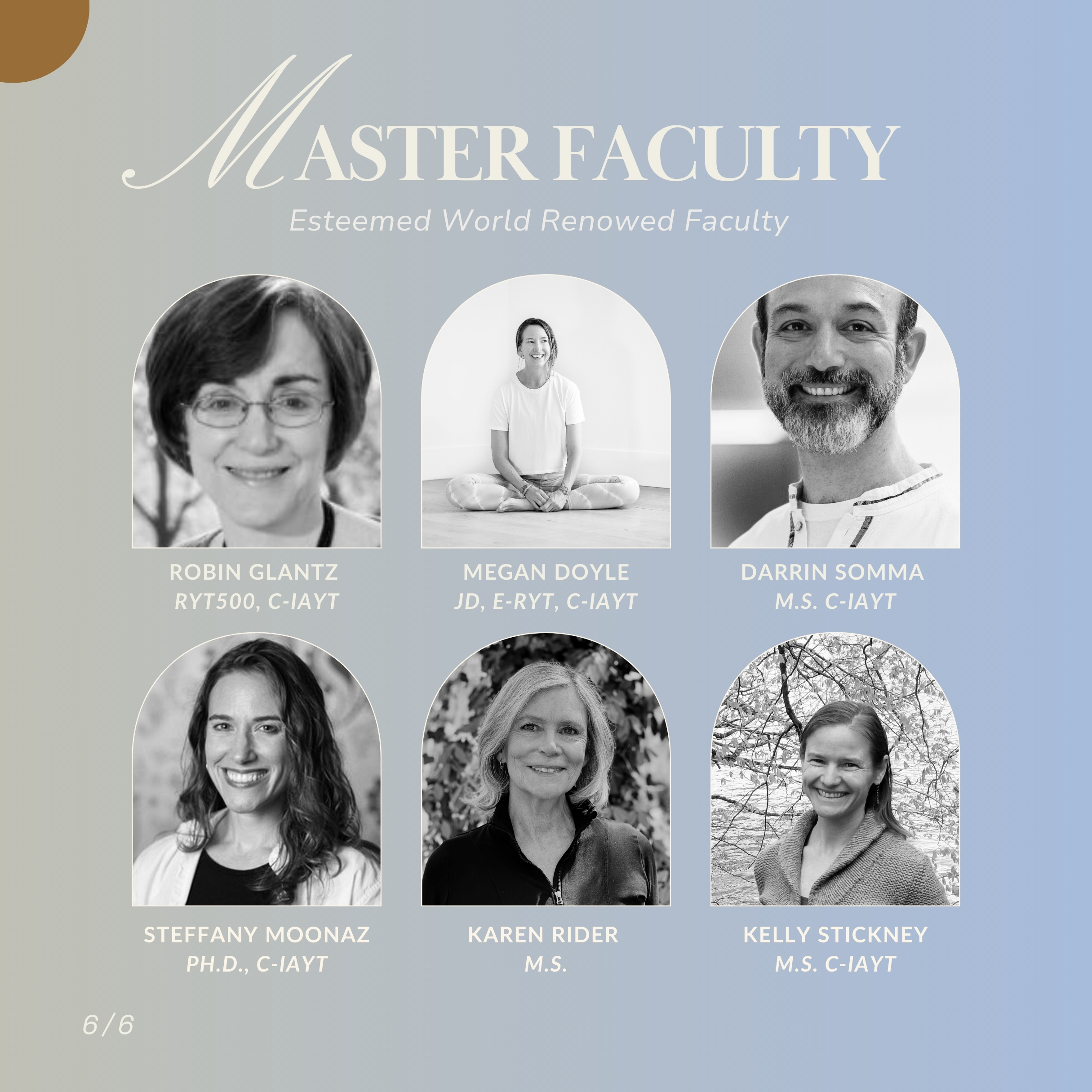As mental health professionals, our primary goal is to effectively treat and support individuals grappling with a wide range of mental and emotional health issues. The traditional clinical model predominantly categorizes and treats these issues through cognitive and pharmacological interventions. However, emerging research and practices in the field of mindfulness and yoga therapy are showing promising results by integrating body awareness into treatment protocols. This article explores how mindfulness practices that emphasize self-awareness of the somatic basis of our feelings and emotions can significantly enhance our ability to achieve self-regulation and self-control, thereby offering a more holistic and empowering approach to mental health care.
Rethinking Traditional Models:
Current mental health practices often lump together cognitive dysfunctions and emotional disorders, ranging from Alzheimer’s and ADHD to bipolar disorder and depression, under the singular umbrella of mental health issues. Treatment typically focuses on the head—that is, on cognitive processes and neurochemical imbalances in the brain. However, this approach might overlook the somatic experiences that are the intrinsic foundation of our feelings and emotions. As experienced practitioners, it’s crucial to recognize that emotions and feelings are not just mental states, but are rooted in bodily sensations.
Integrating Mindfulness and Body Awareness:
Mindfulness and yoga therapy provide powerful tools for tapping into the body’s role in emotion regulation and mental health. These practices direct attention to the physical sensations associated with emotional states—such as the tightness in one’s chest with anxiety,/ or the palpable tension during stress. This method allows for a deeper exploration of how emotions and feelings manifest physically within the body. Once we can locate the sensate basis of an emotion, we can control this emotion.
Research consistently shows that mindfulness practices enhance self-awareness, which is pivotal in identifying and modifying emotional experiences. Self-awareness through mindfulness does not merely observe emotions but engages with them on a physiological level, leading to improved self-regulation and control. This is achieved through practices that encourage individuals to notice, interact with, and alter their emotional responses by understanding their physical roots.
Empirical Support for Mindfulness Practices:
Numerous studies underscore the effectiveness of mindfulness in fostering self-regulation. These include research on the vagal nerve, which illustrates how mindfulness techniques can influence autonomic nervous system responses, thereby enhancing emotional regulation. My own research, along with contributions from others in the field, supports the notion that increased bodily awareness leads to significant improvements in emotion-regulation and self-control.
Practical Application in Therapy:
For mental health providers, incorporating body awareness practices such as mindfulness and yoga therapy into our therapeutic approaches can profoundly impact treatment outcomes. This could involve:
- Integrative Sessions: Combining traditional psychotherapeutic techniques with mindfulness practices that focus on bodily sensations.
- Tailored Mindfulness Exercises: Designing mindfulness exercises that clients can use to explore the physical foundations of their feelings and emotions, fostering greater emotional awareness and control.
- Educational Workshops: Offering workshops to teach clients about the interconnection between their physical and emotional health, empowering them with tools to manage their conditions.
Conclusion:
The integration of mindfulness and yoga therapy into mental health treatment represents a significant shift towards a more holistic approach. As seasoned professionals, it is our responsibility to continually adapt and embrace methods that not only address the symptoms but also the underlying physical basis of mental health issues. By doing so, we can provide our clients with comprehensive, evidence-based tools for managing their mental and emotional well-being, ultimately leading to more effective and sustainable treatment outcomes in behavioral health. This approach not only enriches our practice but also aligns closely with the lived experiences of our clients, promoting a deeper understanding and management of our well-being in the modern world.









